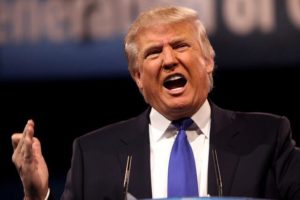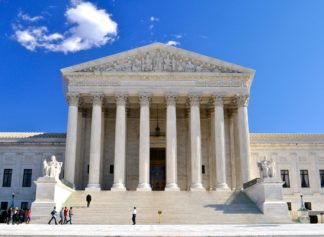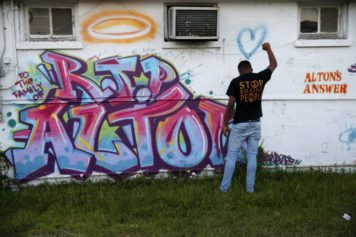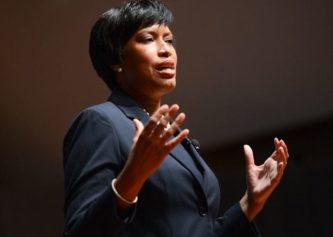
Donald Trump’s new travel ban is still a discrimnatory measure, according to two federal judges. (Gage Skidmore)
Federal judges in Hawaii and Maryland have blocked President Donald Trump’s new travel ban, citing comments he made on cable news during election season.
Honolulu U.S. District Court Judge Derrick Watson issued a temporary nationwide restraining order against the executive order hours before it was due to go into effect Wednesday, March 15. In Maryland the next morning, Judge Theodore Chuang blocked the portion of the order that would create a 90-day immigration ban for citizens of six mostly-Muslim countries.
“The notion that one can demonstrate animus toward any group of people only by targeting all of them at once is fundamentally flawed,” Watson wrote in a 43-page ruling according to CNN. “Equally flawed is the notion that the executive order cannot be found to have targeted Islam because it applies to all individuals in the six referenced countries.”
The order, signed Monday, March 6, and revised from the original one to remove language that some said benefited certain religious groups, also excluded Iraq from the list of six countries — Iran, Libya, Somalia, Sudan, Syria, and Yemen — whose people are barred from entering the U.S. for 90 days. Should it have taken effect Thursday, March 16, it also would have barred refugees from coming to America for 120 days and exempted visa holders.
At a rally in Nashville, Tenn., Wednesday, March 15, Trump reacted to Watson’s ruling, promising to take it to the Supreme Court, if needed.
“This is, in the opinion of many, an unprecedented judicial overreach,” he said.
In a statement issued to CNN Wednesday night, the Department of Justice said it “strongly disagrees with the federal district court’s ruling, which is flawed both in reasoning and in scope,” noting it will stand by the new travel ban.
Chuang’s ruling said the likely purpose of the executive order was “the effectuation of the the proposed Muslim ban” Trump trumpeted throughout his presidential campaign, The New York Times reported.
Watson and Chuang’s decisions brought up statements Trump and one of his lead advisers, Stephen Miller, made on cable news during the campaign.
“I think Islam hates us,” Trump said on “Anderson Cooper 360” in 2016, to which he added, “It’s very hard to separate” so-called radical Islam from Islam as a whole “because you don’t know who’s who.”
“Fundamentally, you’re still going to have the same basic policy outcome for the country,” Miller told Fox News in February of the re-drafted order.
“These plainly worded statements, made in the months leading up to and contemporaneous with the signing of the executive order, and, in many cases, made by the executive himself, betray the executive order’s stated secular purpose,” Watson wrote according to CNN.
The news website revealed Chuang agreed in his ruling.
“These statements, which include explicit, direct statements of President Trump’s animus toward Muslims and intention to impose a ban on Muslims entering the United States, present a convincing case that the first executive order was issued to accomplish, as nearly as possible, President Trump’s promised Muslim ban,” Chuang wrote.


